The allure of muscle cars and sports cars lies in their performance, design, and the thrilling driving experience they offer. However, potential owners must consider more than just the purchase price. Exploring the long-term ownership costs associated with muscle cars and sports cars is crucial for enthusiasts aiming to make informed decisions.
Purchase Price and Depreciation
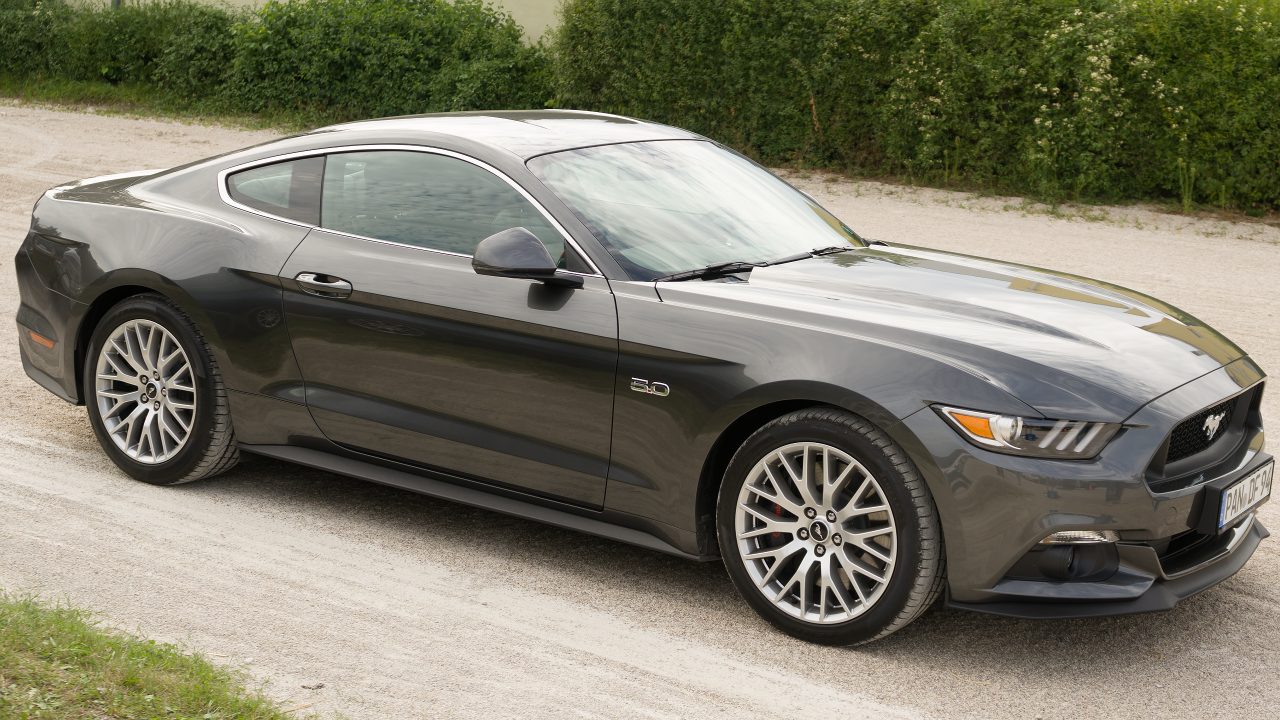
The initial cost of a vehicle often plays a significant role in the buying decision, and muscle cars and sports cars tend to cater to different segments of the market. Generally, muscle cars, such as the Ford Mustang or Chevrolet Camaro, have a more accessible entry price compared to high-end sports cars like the Porsche 911 or the Chevrolet Corvette. However, this does not necessarily mean muscle cars are a better investment. Sports cars often maintain a higher market demand due to their exclusivity and performance credentials, which can offset their higher initial price.
Depreciation is another crucial factor to consider. Sports cars typically have steeper depreciation curves in the first few years but can stabilize as they become classic or collector’s items. On the other hand, muscle cars might depreciate more slowly due to their broader appeal and lower initial cost. Models like the Dodge Challenger often have strong resale values, especially when equipped with high-performance trims or limited edition packages.
Insurance Costs
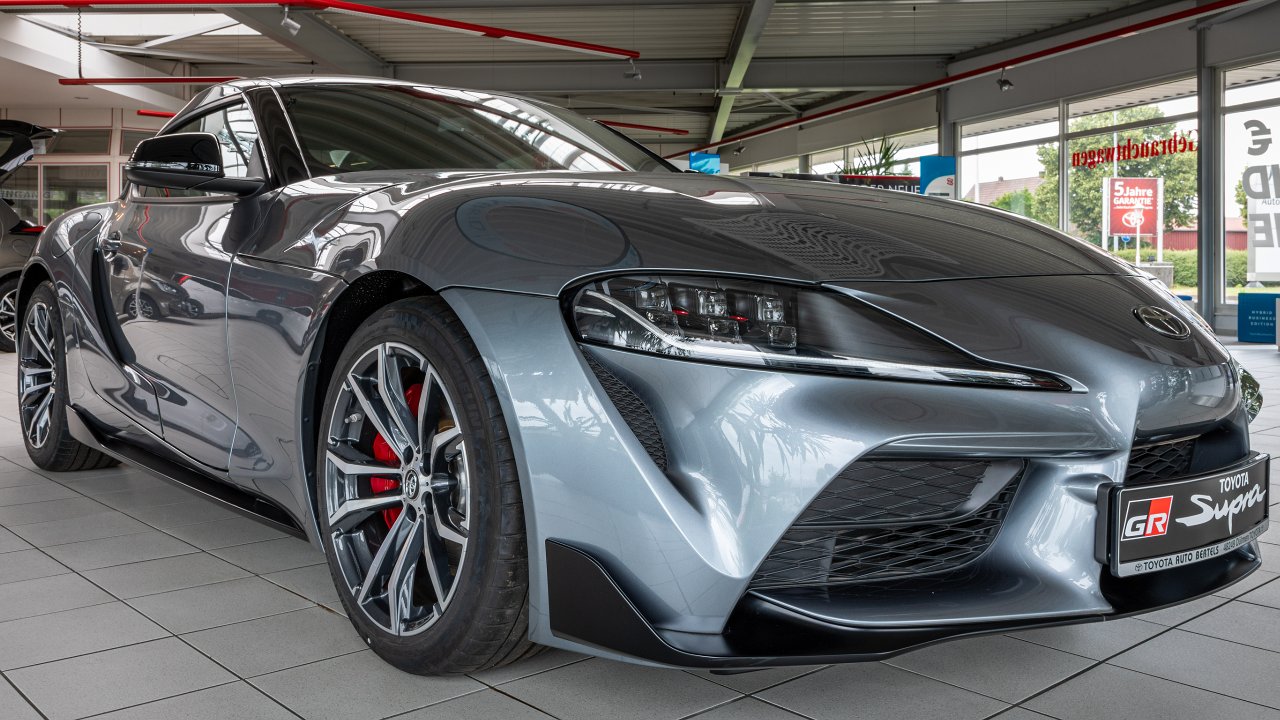
Insurance premiums for muscle and sports cars can vary significantly based on several factors. Insurers categorize these cars differently due to their performance capabilities and associated risk levels. Sports cars, known for their speed and agility, often come with higher insurance rates compared to muscle cars, which might be deemed slightly less risky. However, this is not a hard and fast rule, as the specific model and driver profile significantly impact the final premium.
Advanced safety features, which are becoming more common in both types of vehicles, can help mitigate insurance costs. Cars equipped with technologies such as automatic emergency braking or lane-keeping assistance might see a reduction in premiums. Historical data shows that models like the Ford Mustang GT and the BMW M4, both equipped with modern safety features, have seen moderate insurance costs compared to their less-equipped counterparts.
Fuel and Maintenance Expenses
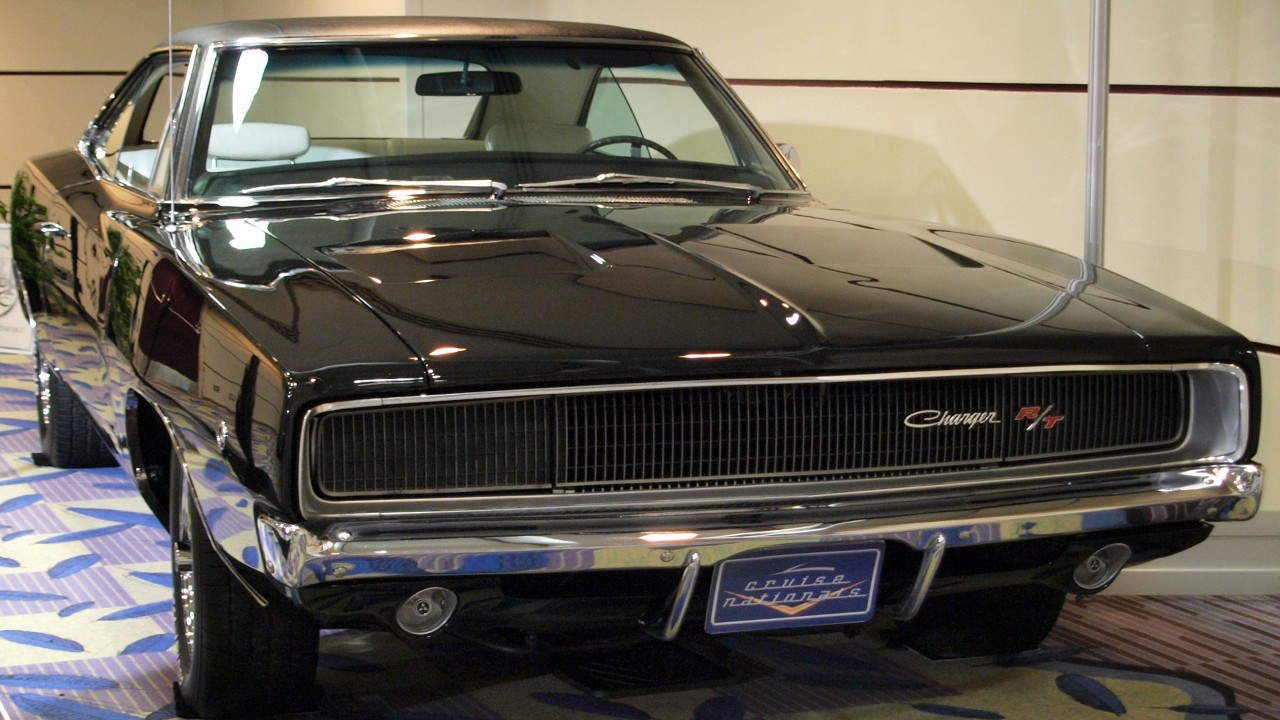
Fuel economy is a significant consideration for both muscle and sports car owners. Muscle cars, with their larger engines, often have higher fuel consumption rates. For instance, the Dodge Charger with a V8 engine typically consumes more fuel than a smaller-engine sports car like the Mazda MX-5 Miata. This difference can translate to substantial annual fuel costs, especially for daily drivers.
Routine maintenance and repair costs also differ between the two categories. Sports cars, particularly those with high-performance components, may require more frequent maintenance and specialized parts, leading to higher expenses. In contrast, muscle cars like the Chevrolet Camaro are often easier and cheaper to maintain due to their simpler mechanical components. However, it’s important to note that repair costs can vary based on the vehicle’s age, condition, and usage, with both categories experiencing common issues such as brake wear or suspension problems.
Customization and Modifications
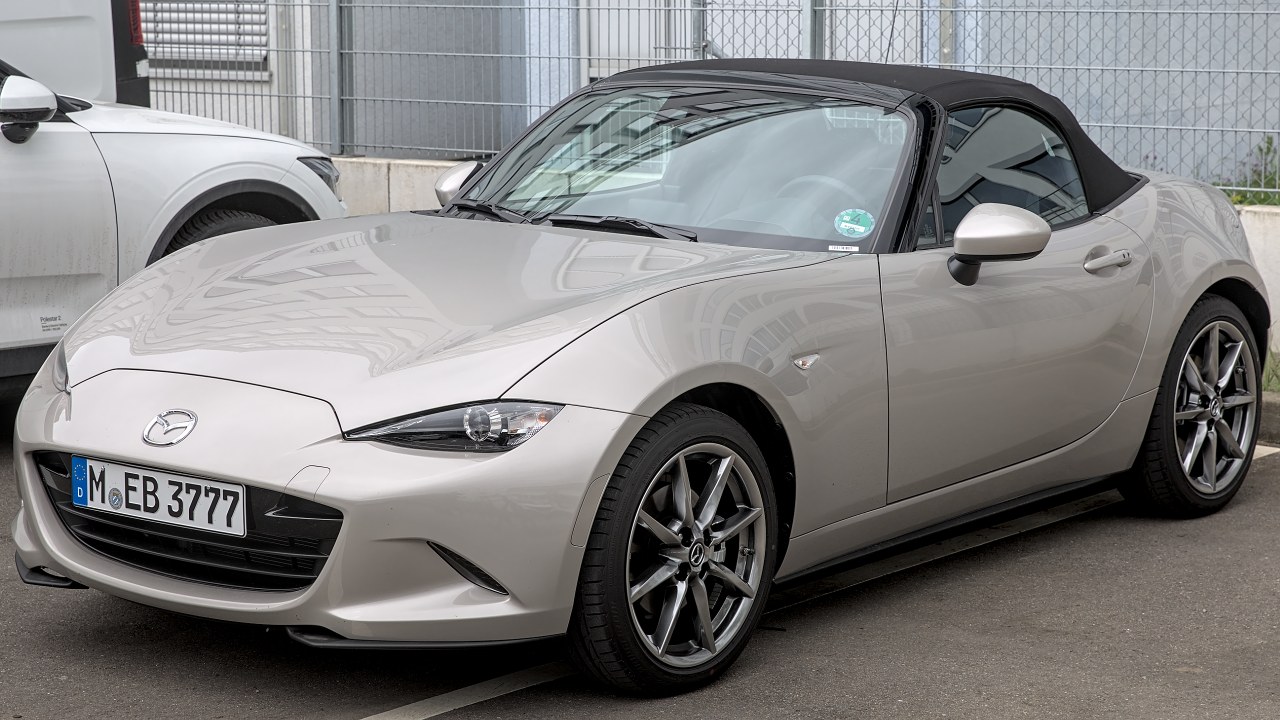
Car enthusiasts often seek to personalize their vehicles, and both muscle and sports cars provide ample opportunities for customization. Popular modifications for muscle cars include performance upgrades like superchargers or custom exhaust systems, while sports car owners might focus on enhancing aerodynamics or suspension tuning. The costs of these modifications can range from a few hundred to several thousand dollars, depending on the complexity and quality of the parts.
While modifications can enhance a car’s performance and appearance, they can also have unintended consequences on insurance and resale value. Insurers may view modified vehicles as higher risk, leading to increased premiums. Furthermore, extensive modifications might deter potential buyers, affecting the car’s resale value. Legal considerations are also critical, as some modifications may not comply with local regulations, potentially resulting in fines or failed inspections.
Ownership Experience
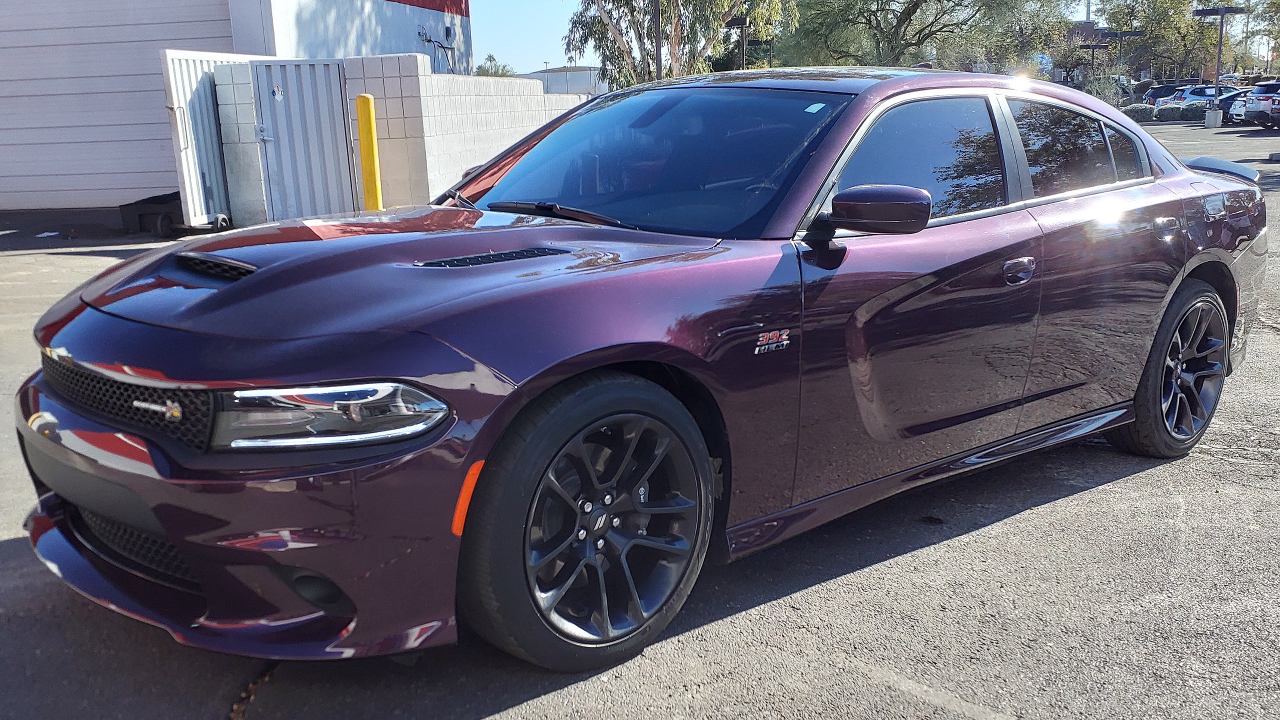
The driving experience between muscle and sports cars can significantly differ, impacting daily usability and overall satisfaction. Muscle cars are often lauded for their powerful, straight-line performance and aggressive styling, providing a nostalgic yet exhilarating drive. Sports cars, on the other hand, offer precision handling and agility, making them ideal for twisty roads and track days. Models like the Mazda MX-5 Miata emphasize a balanced, driver-focused experience that many enthusiasts find rewarding.
Beyond the driving experience, the community and culture surrounding these cars can greatly enhance ownership satisfaction. Enthusiast groups and events, such as car meets or track days, offer opportunities to connect with like-minded individuals and share the passion for performance vehicles. The emotional and lifestyle factors of owning a muscle or sports car often extend beyond the tangible, offering a sense of identity and pride that transcends monetary considerations.
Like Fast Lane Only’s content? Be sure to follow us.
Here’s more from us:
*Created with AI assistance and editor review.

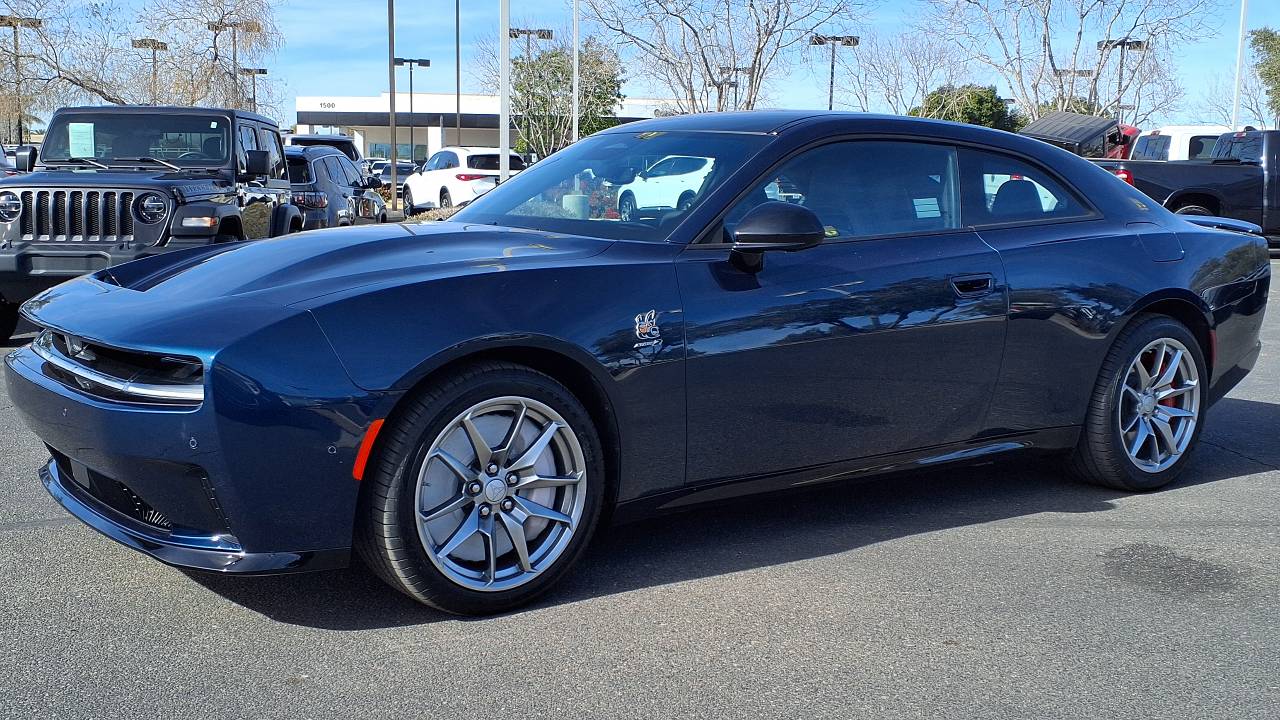
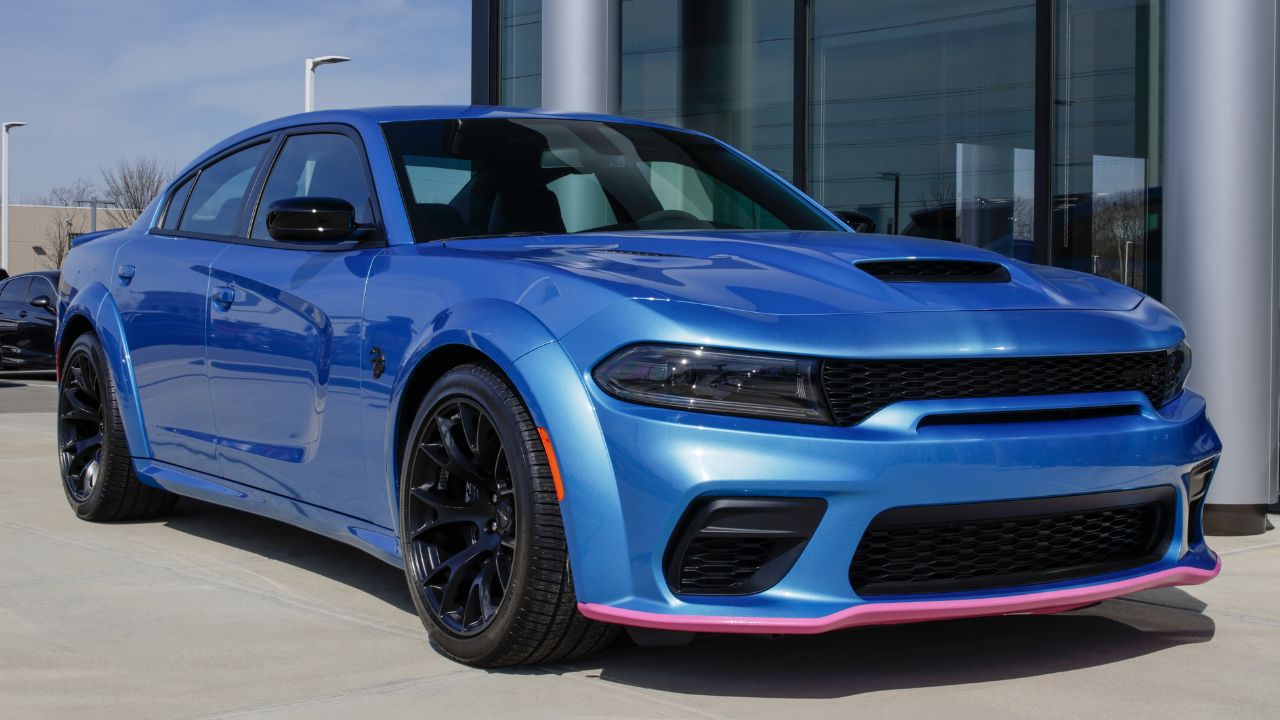
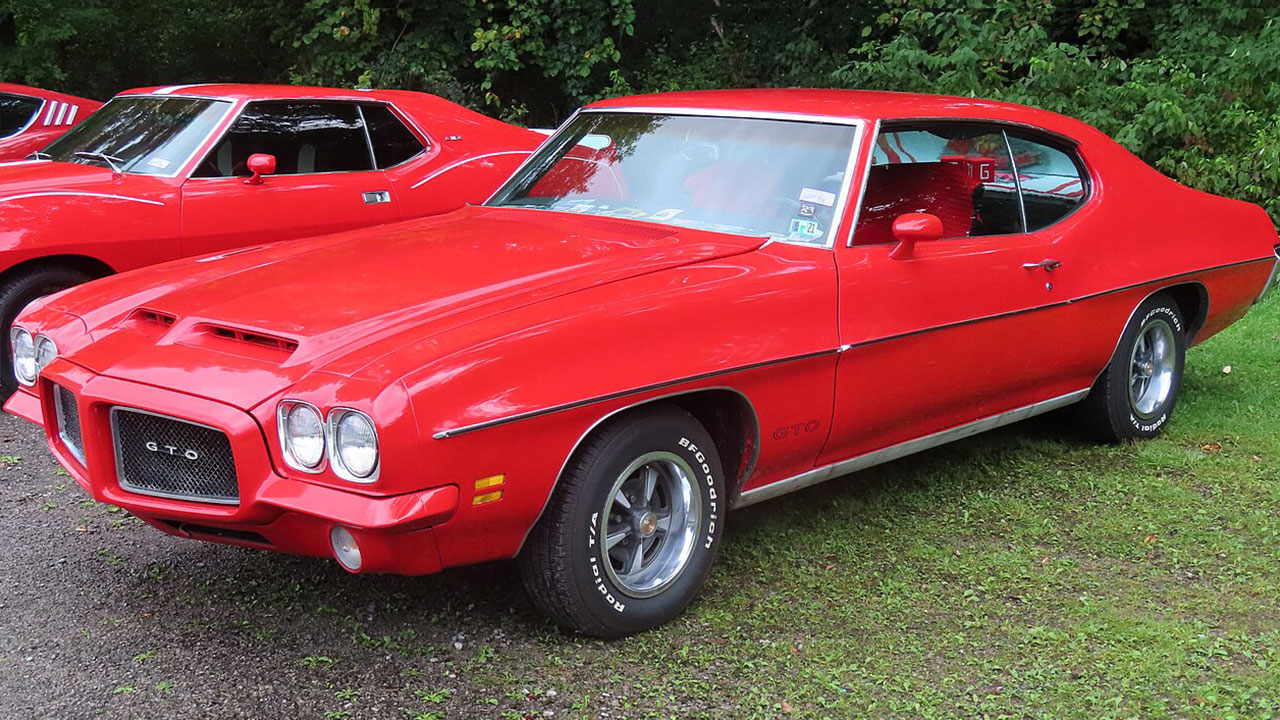

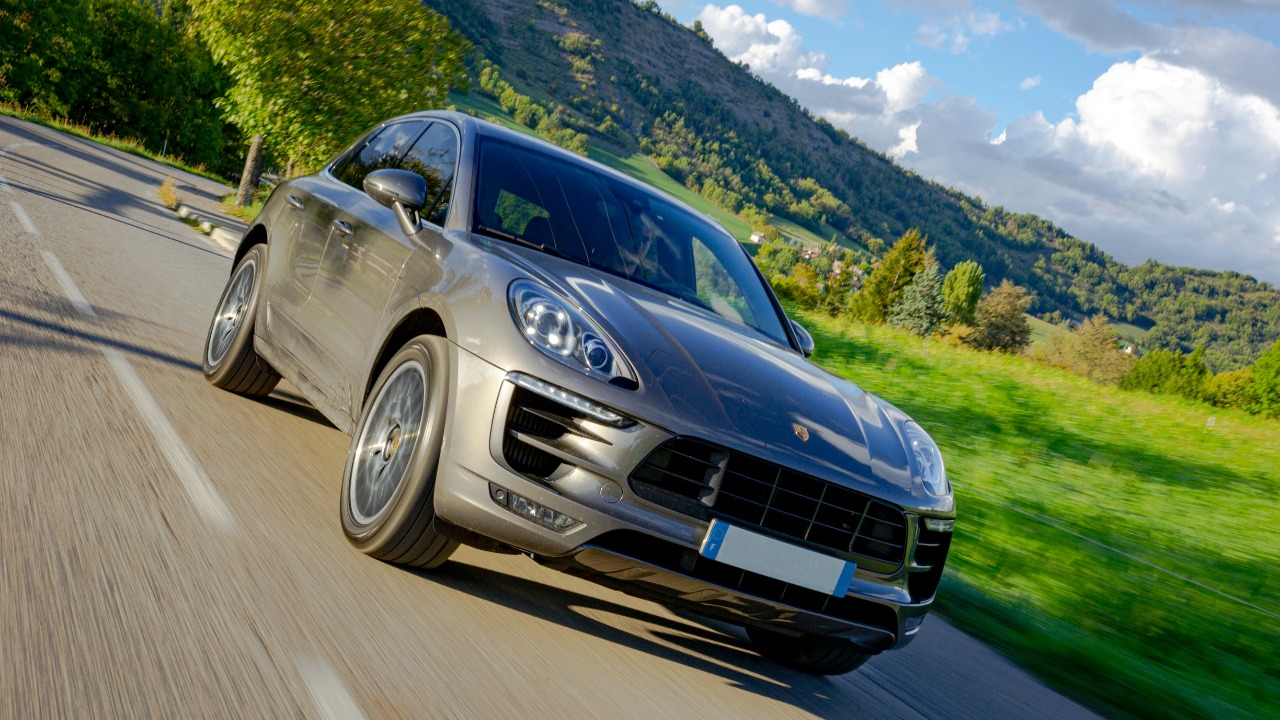
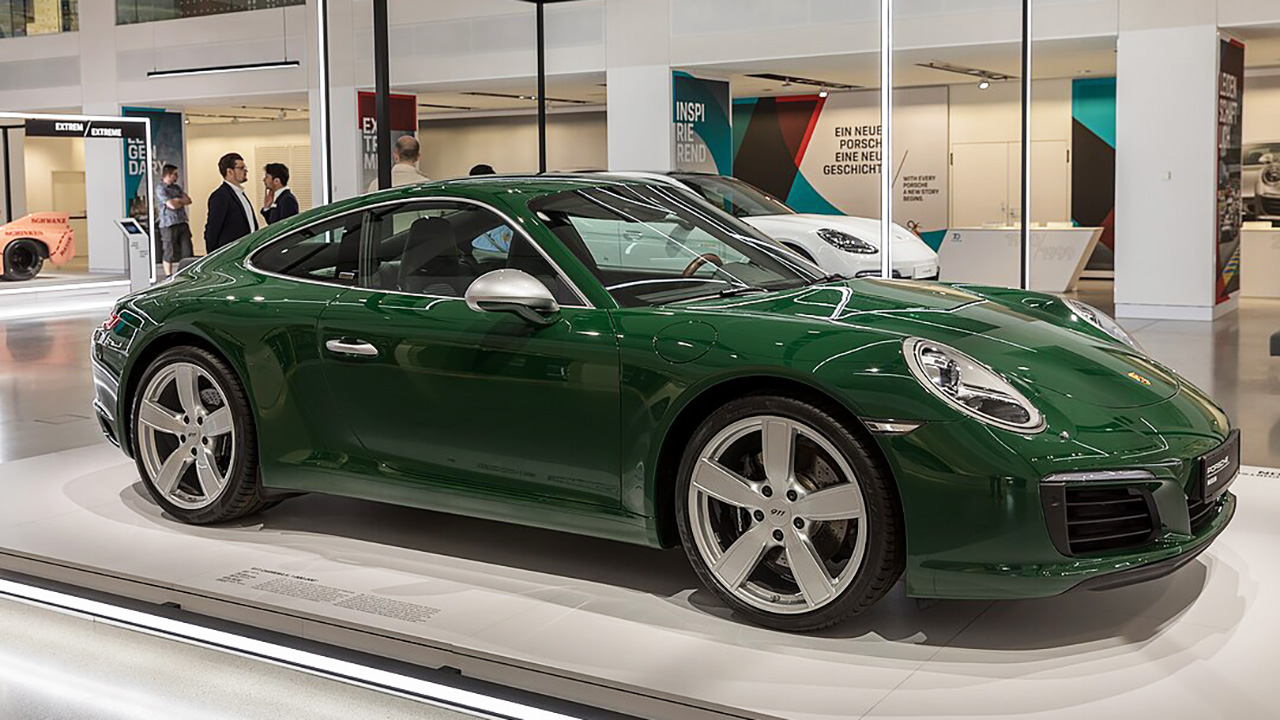
Leave a Reply